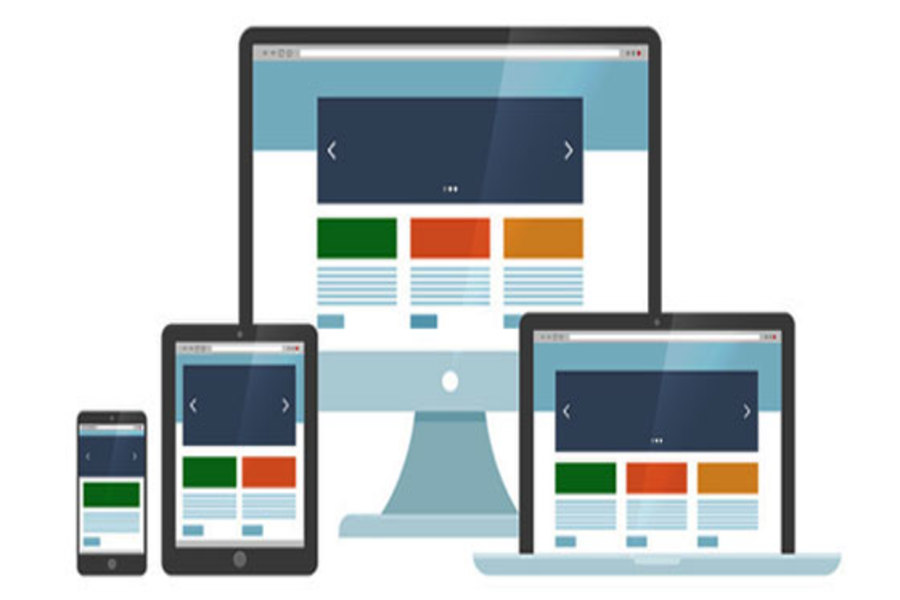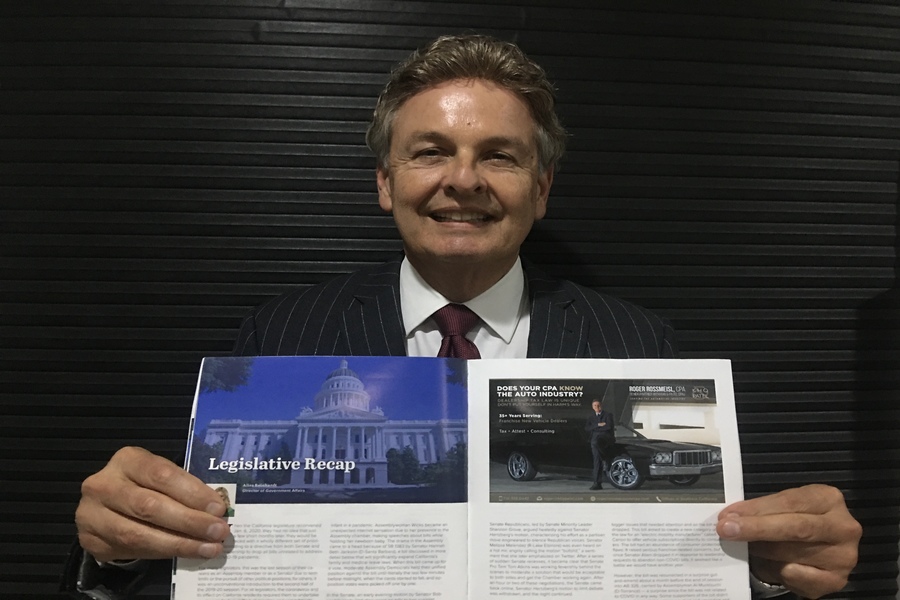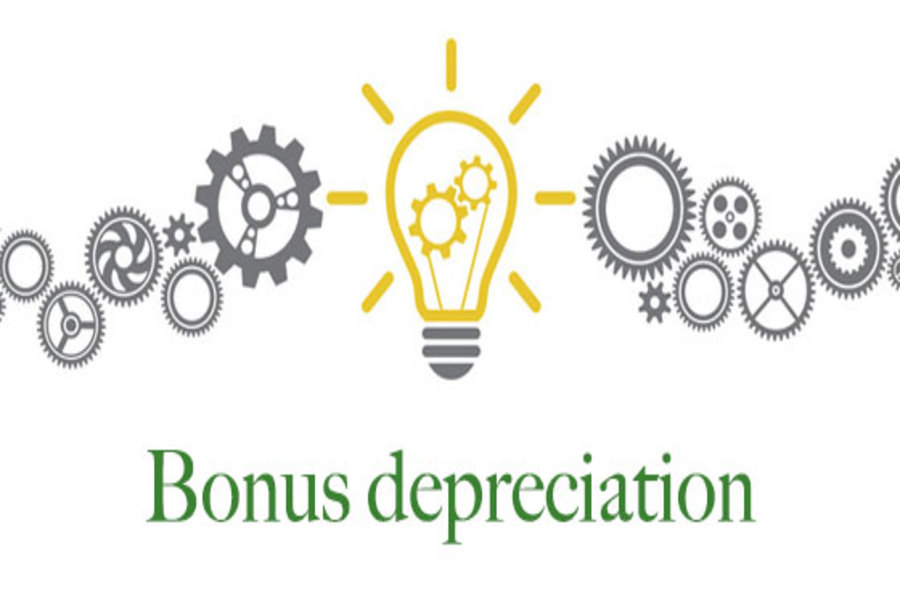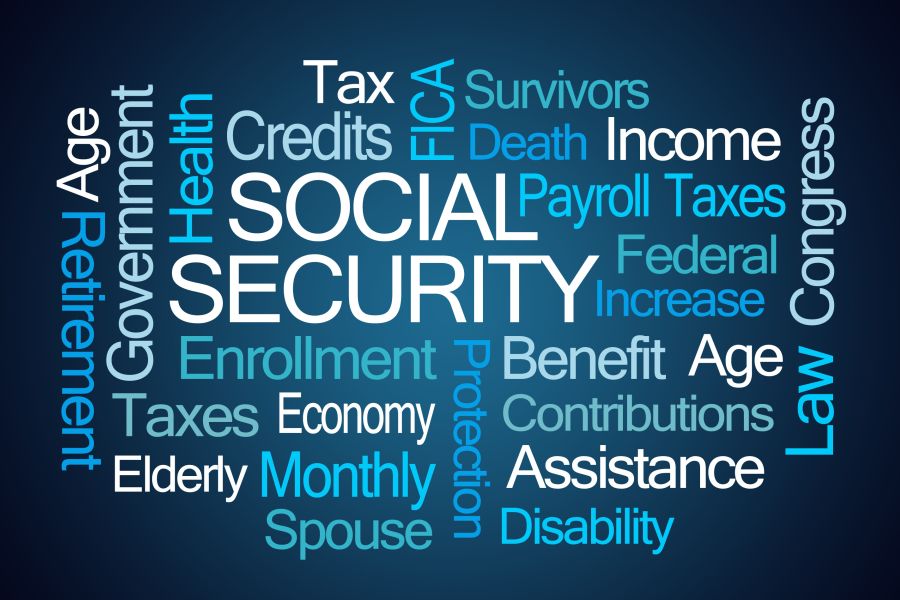(This is Blog Post #903)...

The business use of websites is widespread. But surprisingly, the IRS hasn’t yet issued formal guidance on when Internet website costs can be deducted. Fortunately, established rules that generally apply to the deductibility of business costs, and IRS guidance that applies to software costs, provide business taxpayers launching a website with some guidance as to the proper treatment of the costs. Hardware or software? Let’s start with the hardware you may need to operate a website. The costs involved fall under the standard rules for depreciable equipment. Specifically, once these assets are up and running, you can deduct 100% of the cost in the first year they’re placed in service (before 2023). This favorable treatment is allowed under the 100% first-year bonus depreciation break. In later years, you can...
Maybe the numbers didn’t add up during your company’s recent inventory count. You know that most inventory discrepancies are the result of honest mistakes, such as when employees return items to the wrong shelves or customer returns are flubbed. It’s even possible that you’ve made a mistake and need to perform a recount. But if you suspect something more sinister — such as employee theft — don’t hesitate to call in reinforcements. A forensic accountant can assist in getting the goods on inventory theft. Where the clues are When fraud experts can’t find “innocent” explanations for missing inventory, they look at the business’s culture and environment. Poor controls over purchasing, receiving and cash disbursement puts companies at higher risk of employee theft. And if one person performs...
I'm happy to report that my second ad has now been published in 2020 Issue 3 of the California New Car Dealers Association quarterly magazine, "California New Car Dealer Quarterly". (Run time 2 min, 0 sec) Whether you’re a successful General Manager that now finds him or herself a newly minted Dealer Principal seeking an Automobile Dealership CPA Firm . . . or a seasoned automotive veteran looking to make a change to an Automotive CPA that understands your business . . . we need to talk. I’m Roger Rossmeisl, a senior partner with Kho & Patel CPAs with offices in Southern California. For the past 35+ years my practice has been serving franchise new vehicle dealerships with their tax, attest and consulting needs. Today, an automotive-centric CPA is...
Business value is a function of risk and return. This is why, when appraising companies, valuation experts are always factoring fraud risk into a business valuation. Although valuations typically aren’t designed to unearth dishonest behavior, experts may expand the scope of their engagement if they spot something suspicious — particularly if they believe financial statements are inaccurate. Possible risks A valuator’s fraud risk assessment starts with the subject company’s internal controls. When interviewing management, experts ask about the business’s policies and procedures to protect assets, improve operating efficiency and ensure reliable financial statements. For example, they look for risk-reducing controls such as: Physical and digital controls (for example, locks, passwords, cameras and security systems), Fraud training programs, Job descriptions that call for segregation of duties and job...
Despite the COVID-19 pandemic, the National Association of Realtors (NAR) reports that existing home sales and prices are up nationwide, compared with last year. One of the reasons is the pandemic: “With the sizable shift in remote work, current homeowners are looking for larger homes…” according to NAR’s Chief Economist Lawrence Yun. If you’re buying a home, or you just bought one, you may wonder if you can deduct mortgage points paid on your behalf by the seller. Yes, you can, subject to some important limitations described below. Points are upfront fees charged by a mortgage lender, expressed as a percentage of the loan principal. Points, which may be deductible if you itemize deductions, are normally the buyer’s obligation. But a seller will sometimes sweeten a deal...
Reports started trickling into state agricultural agencies in July: Consumers were worried about strange seed packets they had received in the mail. The unsolicited goods weren’t labeled and appeared to be sent from China. In a year already fraught with anxiety and paranoia, the story quickly made headlines. Perhaps this was the first you’d heard of a scam known as “brushing,” in which some third-party e-commerce sellers set up fake buyer accounts and ship unordered goods (in this case, seeds) to “customers.” Why would they do this? Read on. A growing fraud Brushing scammers set up fake accounts with Amazon, eBay and other online platforms so that they can order their own merchandise, ship it to a real address and then post glowing reviews that bolster their ratings....
You’re probably aware of the 100% bonus depreciation tax break that’s available for a wide range of qualifying property. Here are five key points about bonus depreciation to be aware of when it comes to this powerful tax-saving tool. Bonus depreciation is scheduled to phase out Under current law, 100% bonus depreciation will be phased out in steps for property placed in service in calendar years 2023 through 2027. Thus, an 80% rate will apply to property placed in service in 2023, 60% in 2024, 40% in 2025, and 20% in 2026, and a 0% rate will apply in 2027 and later years. For certain aircraft (generally, company planes) and for the pre-January 1, 2027 costs of certain property with a long production period, the phaseout...
When business owners suspect that an employee is stealing assets or manipulating financial results, it’s time to call a fraud expert to investigate. Although the complexity of the incident will determine the investigation’s scope, there are 3 steps experts follow to build a fraud case that can stand up in court. Conducting interviews Fraud interviewers know how to spot warning signs, detect deception and pin down suspicions when talking with suspects and their coworkers. But they usually start with management interviews, by asking owners, executives and audit committee members what they know about: Possible fraud ploys, The company’s fraud risks, and Internal controls that have been implemented to mitigate specific fraud risks or to generally help prevent, deter and detect fraud. An expert may interview not...
President Trump issued a Presidential Memorandum on 8/8/20 directing the Treasury Secretary to defer certain payroll tax obligations of certain American workers. Employers were immediately faced with the decision of whether to defer taxes, or continue to withhold as usual. The primary reason for the hesitation was the unanswered questions regarding deferral, key among them being what happens when an employee resigns (or is terminated) before the end of the year. This Blog Post seeks to outline, as of the time of this writing, what is known, and not known, about the payroll tax deferral and what business owners should consider before deciding to move forward . . . or not. The Presidential Memorandum The Presidential Memorandum states that the Treasury Secretary may defer the withholding, deposit,...
- 1
- 2
- 3
- 4
- 5
- 6
- 7
- 8
- 9
- 10
- 11
- 12
- 13
- 14
- 15
- 16
- 17
- 18
- 19
- 20
- 21
- 22
- 23
- 24
- 25
- 26
- 27
- 28
- 29
- 30
- 31
- 32
- 33
- 34
- 35
- 36
- 37
- 38
- 39
- 40
- 41
- 42
- 43
- 44
- 45
- 46
- 47
- 48
- 49
- 50
- 51
- 52
- 53
- 54
- 55
- 56
- 57
- 58
- 59
- 60
- 61
- 62
- 63
- 64
- 65
- 66
- 67
- 68
- 69
- 70
- 71
- 72
- 73
- 74
- 75
- 76
- 77
- 78
- 79
- 80
- 81
- 82
- 83
- 84
- 85
- 86
- 87
- 88
- 89
- 90
- 91
- 92
- 93
- 94
- 95
- 96
- 97
- 98
- 99
- 100
- 101
- 102
- 103
- 104
- 105
- 106
- 107
- 108
- 109
- 110
- 111
- 112
- 113
- 114
- 115
- 116
- 117
- 118
- 119
- 120
- 121
- 122
- 123
- 124
- 125
- 126
- 127
- 128
- 129
- 130
- 131
- 132
- 133
- 134
- 135
- 136
- 137
- 138
- 139
- 140
- 141
- 142
- 143
- 144
- 145
- 146
- 147
- 148
- 149
- 150
- 151
- 152
- 153











